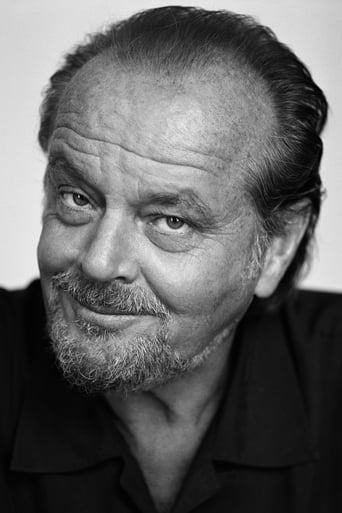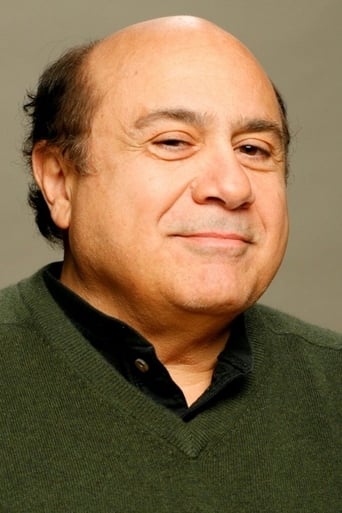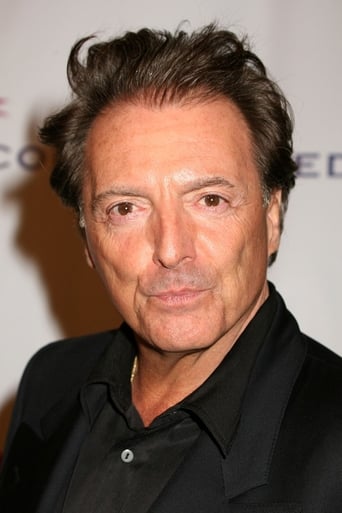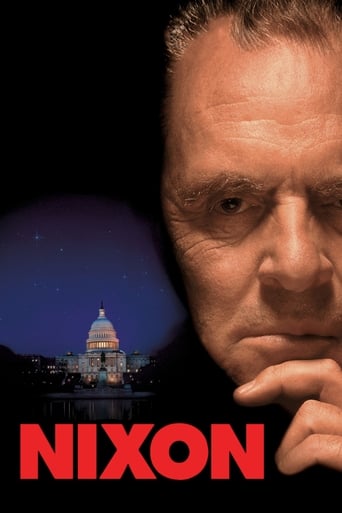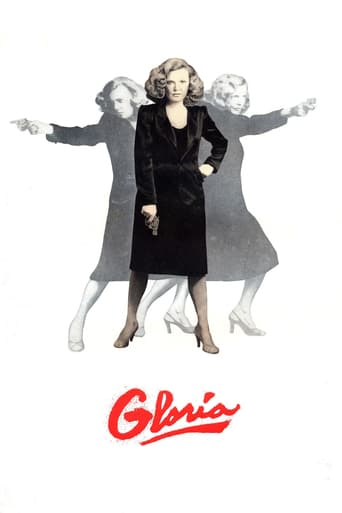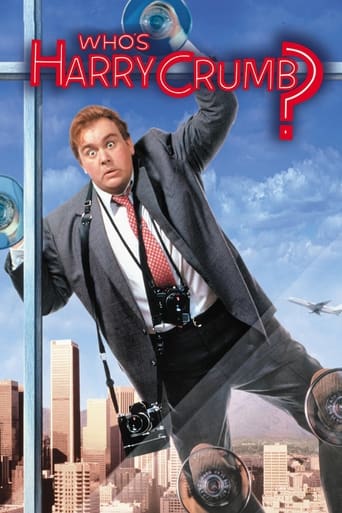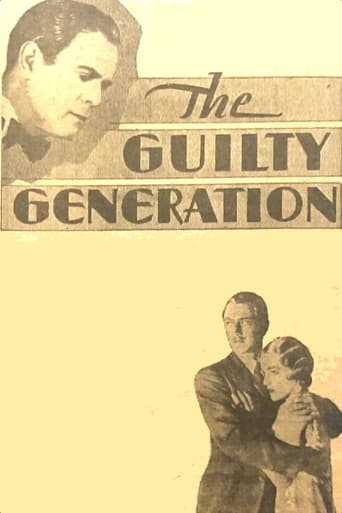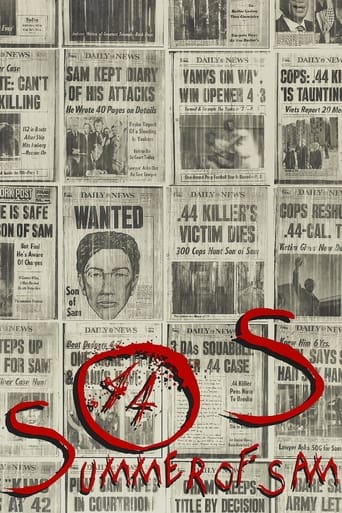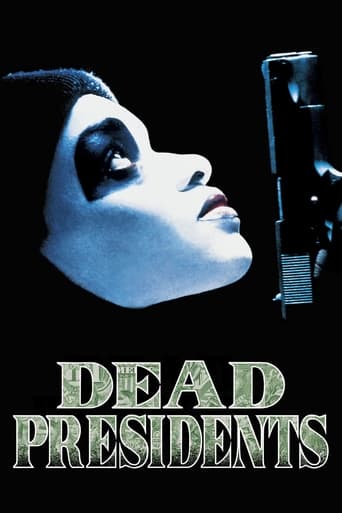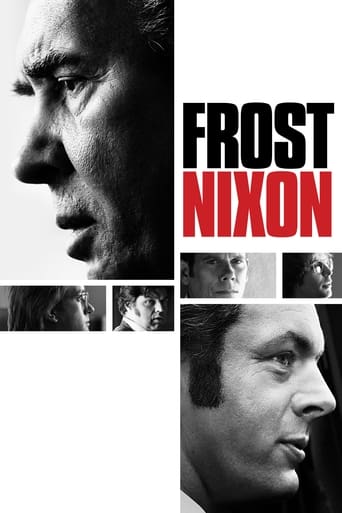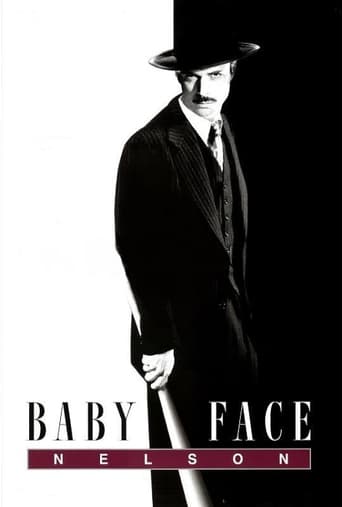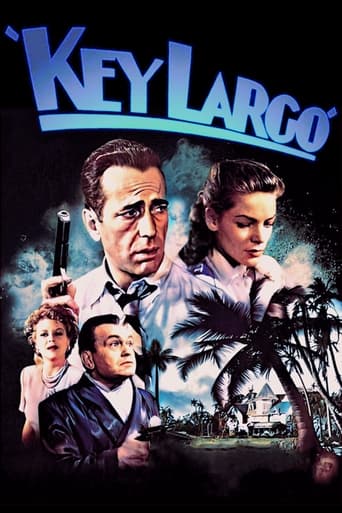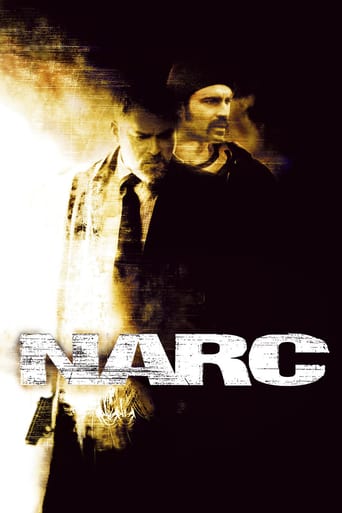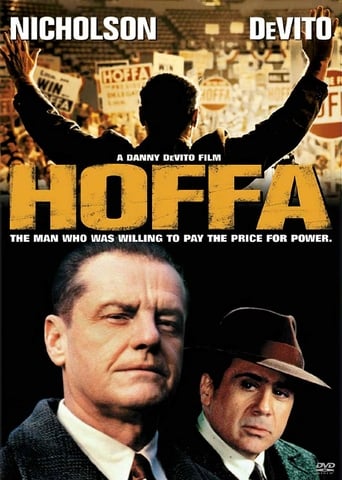
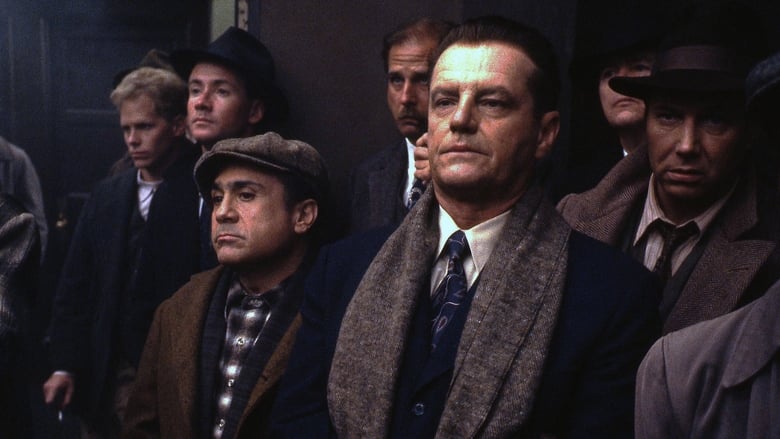
 Watch Now
Watch Now






Hoffa (1992)
 Watch Now
Watch Now






A portrait of union leader James R. Hoffa, as seen through the eyes of his friend, Bobby Ciaro. The film follows Hoffa through his countless battles with the RTA and President Roosevelt.
Watch Trailer
Cast


Similar titles
Reviews
Wonderful character development!
To me, this movie is perfection.
the audience applauded
Funny, strange, confrontational and subversive, this is one of the most interesting experiences you'll have at the cinema this year.
Controversial, but not among His Loyal Teamsters, Labor Leader Jimmy Hoffa was Dedicated to His Beloved Union and Fought for Them until the very End, some would say "To a fault".He Single-Handedly (almost) Created Collective Bargaining for the Working Man, or at least produced a Union so Powerful it could not be Ignored by the Powerful People of Industry.In this Engrossing Film, Jack Nicholson (Hoffa), Director and Co-Star Danny DeVito, and Screenwriter David Mamet deliver a Characterization that Drives the Story of an Enigmatic Man whose Accomplishments were Overshadowed by a Side Show with Organized Crime. Hoffa's Line, "I didn't make one dime off the Union's Money...All I did was make money for their Pension Fund, is that so bad?", is as close to the Truth as anyone knows. A Tainted Public Figure, except to Labor, Jimmy R, Hoffa became a Man of Mythic Status in His Own Lifetime and Disappeared without a trace.But, Hoffa, has Never Disappeared from the Thoughts of the Working Man and this Movie makes that case in a Noble Effort, if Not a Complete Biography.
In 1975, Jimmy Hoffa (Jack Nicholson) and his lieutenant Bobby Ciaro (Danny DeVito) are nervously waiting in a parking lot. The movie flashes back to their first meeting on the side of the road. Hoffa convinces Ciaro to join the Teamster. Ciaro loses his job and joins Hoffa. With their strike failing, Hoffa makes a deal with the Mafia. D'Allesandro (Armand Assante) becomes his close mob ally. Hoffa rises to be the president of the Teamster all the while battling all comers. Robert F. Kennedy hounds him as RFK becomes Attorney General.Danny DeVito brings a lot of epic into the movie. It's a grand costume drama. He brings a lot of visual style. It looks like he threw a lot onto the screen. Some of it is the big performance from Jack Nicholson. He's really the deciding factor on whether to like this movie or not. I can certainly see both sides of the argument. On the one hand, it's an impressive big performance. On the other hand, he's doing only one note. I think it could be improved if they get rid of the make-up. Let Nicholson embody the role. Give him back his facial expressions. It keeps the audience from truly connecting with the character. The general public doesn't know what Hoffa looks like anyways.
I freely admit I have not even finished watching this movie on DVD before reviewing it.I know what happened to Hoffa, so I haven't been gripping the edge of my seat. In fact, I have not been gripping it since I started to watch this in fits and starts since last night.I have an excuse. I live in Tunis, where there is not much action, and the TV is terrible so I buy a lot of films on DVDs. If it's English and has a big name star, I'll buy it.But what in the name of whatever was the reason for making this film? No one believes Hoffa was a saint. And they made up the deVito character. Hoffa's jibes at Bobby Kennedy, his uselessness and the family's history as rum-runners is good, but we knew that.I like it that there can be films giving the other side to the dominance of capitalism in the States, but this does not do this.Anyway, movies are meant to entertain, to move, to help you identify with a hero, to tell a story of success towards a goal, to show a great love story...If I had been watching this film in a cinema all the way back in the early 90s with even the best love object of my life, I would have said about 45 mins through, 'I'm off to the pub, luv', and I am sure she would have followed me.I suppose in those days if you had Nicholson and Mamet, you had a success.But no.And if you'll excuse me, because it is raining very heavily outside and anyway it is close to curfew at 10pm because of our recent revolution, I will pour a very large whisky and cringe through however many minutes are left.
Hoffa needs a director that has a vision that knocks you on your ass, much like the man at the center of the film himself. Danny De Vito takes the directorial reins in a style that is, frankly, emptily flashy. He moved on from doing dark comedies into the realm of the dramatic bio-pic, and boy does he love high flying camera movements, ones that pirouette and move like Hoffa is the biggest cheese to ever cheese. He brings forth a story of a man that isn't told entirely A to Z, but skips around in getting a slight portrait. He's not a bad director, which is to say he doesn't make it at all unwatchable. But the inherent flaw to point here is more-so in a lack of the proverbial "umph".David Mamet's script could also be pointed at for Hoffa offering a road-map of historical attractions- some of which might have not even happened- but his strengths could be elevated with a master at the helm. Hoffa calls for it, with his personality with the edge of a man who takes no s*** from anyone, and even when wrong has a sort of glow about him one can't shake. But Hoffa is fascinating because it is, inherently, fascinating stuff, no matter how simple the direction gets as a mainstream Hollywood effort. Here's a man who can't be pegged down because he's not, in a way, a well-rounded kind of character. He riles up workers into a union, and rallies them for a glorious cause to get what they want. Then he makes a back-door deal with the mob to get in on pension loans, and defends to the end that what he's got is legit when under investigation by RFK. He believes in "justice" before the law, and there's never a tear shed for anyone. Hoffa should be a very simplistic character, easy to peg in the scope of history as a (not quite obvious) question mark end.But there's so much that Nicholson brings to him that he's hard to shake off as a this-is-what-you-get character. With Nicholson there's the physicality, where he goes through the kind of barking and yelling and cursing and yelling and, ultimately, self-preserved ego that somehow makes Hoffa more human than the character would be played any other way. Even in scenes that feel like the most conventional of biographical stories, like the verbatim hearing between him and Kennedy, there's a lot to look for under those quintessential eyebrows and the layers of make-up. He has something that one wants to guess that he's thinking, or has in mind when he's going off on someone, or in talking with his second in command Bobby (DeVito himself, also very good in a role that, in his own right, requires just as much skill as his star to act out as a common man put in a unique position). Just a squint or a furrow can get a new angle in a scene, which helps since he has to put on such a bigger-than-life persona. I'm reminded of the best of Cagney here.Shame then that he can't quite bring up the picture to greatness. It's a rousing, handsomely made picture, and I'm sure the filmmakers wouldn't have it any other way. When one sees the big epic battle with the teamsters, the workers, with bodies going blow by blow and the music pounding and rising like a storm, it's easy to get involved in the action. It's got the production values to go however it wants. But there's something missing to it making it a classic, as opposed to just a good, above-average TV movie (yes, I used the vehement description). It goes without saying the dialog is almost as filthy as another Mamet project from 92, Glengarry Glen Ross (matter fact it's fitting both films have practically all men in the casts). However there's something too clean and lean to the direction. It sounds as though I can't criticize it well enough, but... it's depth, basically. We're given facts, speculation (i.e. the ending), and bombastic personalities. But in the end, it's still the factor of Nicholson that makes it a bit more special that it would be otherwise.


